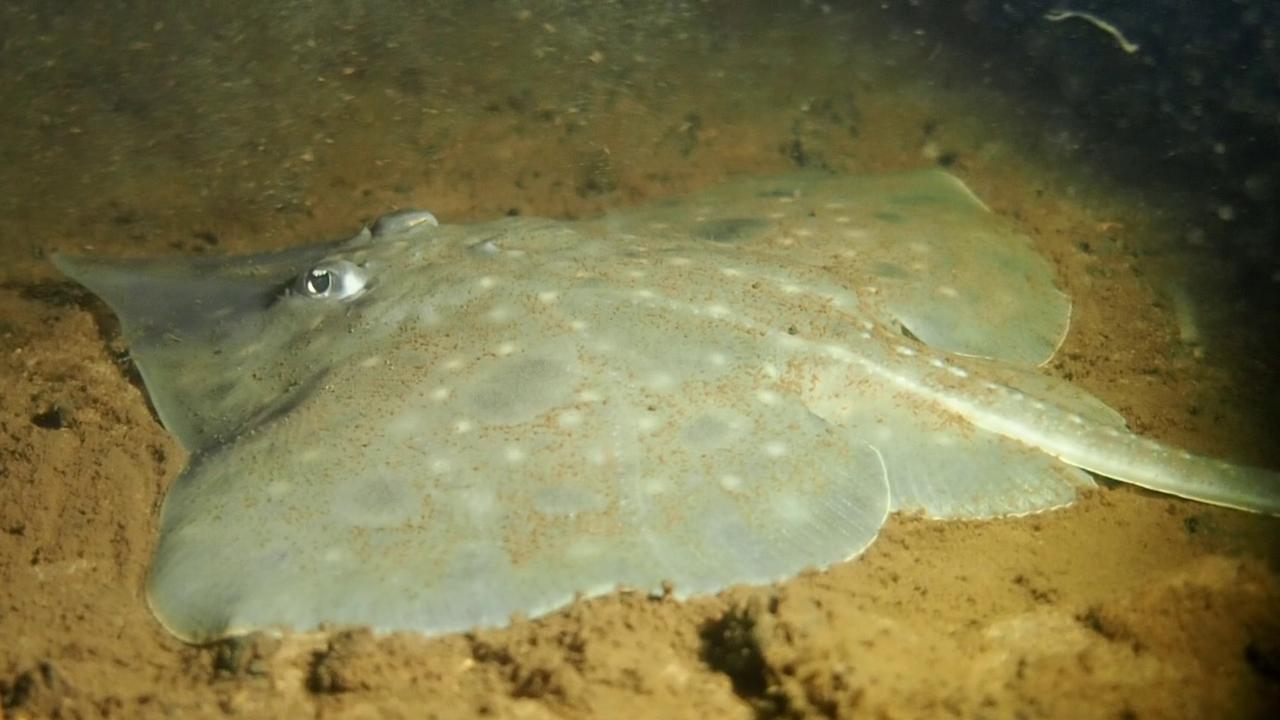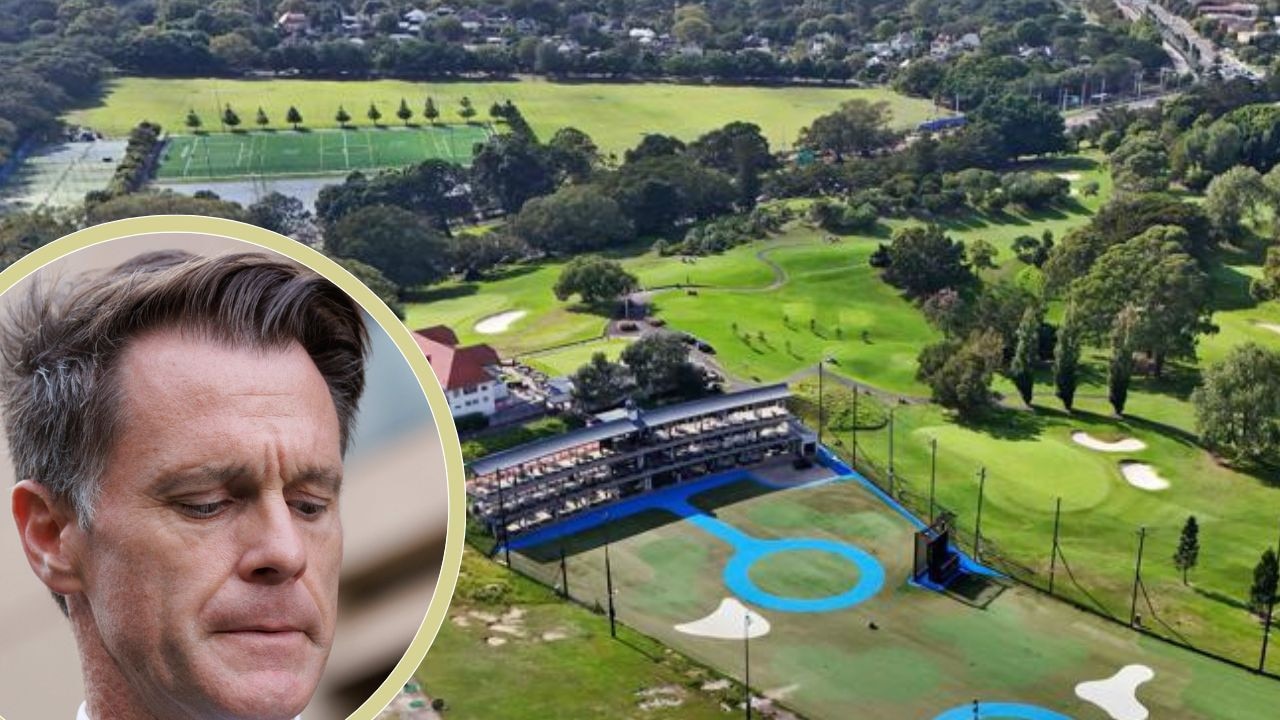NSW farmers want amount of water reduced going to South Australia during drought
The NSW Irrigators’ Council said water security has become a huge concern for the 12,000 irrigation farmers in NSW who faced hardship because of the amount of water from the Murray and Murrumbidgee river systems being allocated to South Australia.

NSW
Don't miss out on the headlines from NSW. Followed categories will be added to My News.
- How mining projects are saving drought-hit towns
- Bush kids battle for opportunities given to city cousins
Farmers have called for a big cut in the water South Australia is allowed to draw from NSW rivers in order to save struggling local growers.
The NSW Irrigators’ Council said water security was a huge concern for the 12,000 irrigation farmers in NSW who faced hardship because of the amount of water from the Murray and Murrumbidgee river systems being allocated to South Australia.
Chief executive Luke Simpkins said the Murray Darling Basin Agreement resulted in South Australia receiving 1850 billion litres of water each year from NSW and Victoria — which needed to be reduced during droughts.
“Historically, 17 per cent of water that has to be sent to South Australia comes down from the Northern Basin down the Barwon-Darling river system,” he said.
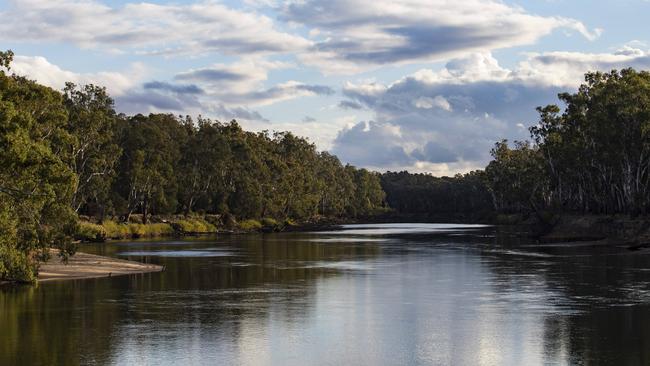
Mr Simpkins said these rivers were so dry at the moment they were hardly flowing, which meant the water allocation must be taken from the Murray and Murrumbidgee instead.
“The fact that South Australia does not take any form of discount on that water basically means its harder for our people in the south, so all 100 per cent of the water has to come out of the south,” Mr Simpkins said.
“If there is no water being supplied by the Barwon-Darling then 17 per cent of that water should be discounted.”
MORE NEWS
Radio exec could face jail time after NRL game streak
AFP demanded ABC journalists’ fingerprints before raids
‘Everybody does it’: MAFS star’s shock airbrush look
Water security will be one of the major talking points at The Daily Telegraph’s Bush Summit on Thursday in Dubbo. Prime Minister Scott Morrison, Opposition Leader Anthony Albanese and Nationals leader Michael McCormack will join community representatives to discuss ways of easing the impact of the worst drought in living memory in NSW.
Rising costs — including electricity — falling productivity, a shrinking casual workforce and increased prices for stock feed are some of the biggest challenges farmers face.

NSW Farmers president James Jackson said power bills were now a massive expense, with state electricity prices moving from the lowest quartile in the OECD to the highest quartile.
“Input costs are a huge issue and in recent years we have seen productivity gains stall … to be internationally competitive we have to have competitive agriculture,” Mr Jackson said.
“We have seen lack of casual labour, for horticulture especially.
“We have to sort out labour supply issues in Australian agriculture through the adoption of an agriculture visa.”
Mr Jackson said the drought was affecting a broad spectrum of farmers, with grain growers in northern NSW possibly the most vulnerable to the dry spell.
“Areas most exposed are probably the northwest where there has only been 2016 that they have had a crop in the last seven years,” he said.
“Servicing debt with a one-in-seven-year hit rate is very difficult as most of the overheads just keep rolling in.”
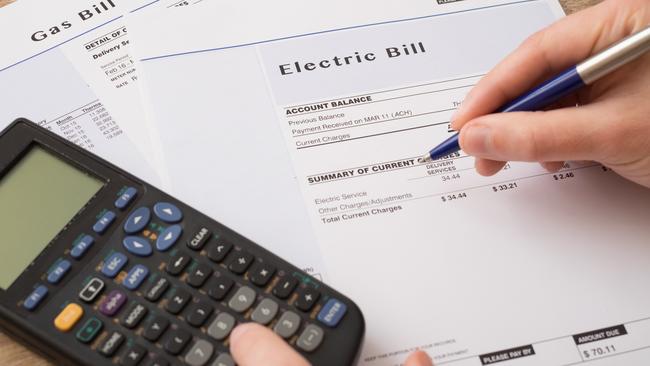
While irrigation farmers grow fruit, vegetables and grapes, it is cotton, according to the Irrigators’ Council’s Mr Simpkins, that attracts the most negativity from politicians and environmentalists.
“There are kids in schools being told cotton farming is immoral and it’s going to destroy the world with climate change,” he said. “Ultimately that stuff has had a psychological impact upon farmers.”
HOPE RUNNING DRY
A farmer whose family has worked the land in NSW’s Central West for five generations may have to send some of his prized Merino sheep to the abattoir due to the crippling drought.
John Webb, 68, who runs the 1133ha Cooyal Station outside Mudgee, said he would be forced to offload some of his flock prematurely after shearing them due to a shortage of feed.
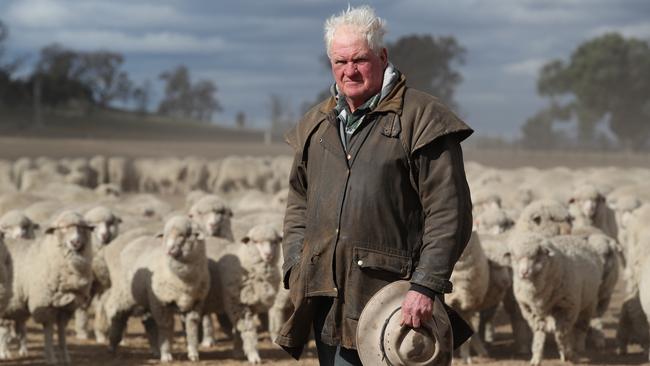
“Now we’ve got the wool off them, it’s just too much to have to feed, so we’ve got to unload some stock,” Mr Webb said.
“(They’re) sheep that’d normally be kept as wool cutters but will probably go to slaughter … there’s no rain.”
More than 97 per cent of the state remains either in drought or drought-affected, with forecasts tipping below-average rainfall during winter. “We rely on crops, we’ve got about 800 acres of oats in and that usually feeds our stock through the winter, but this year with it being so dry the crops aren’t growing,” Mr Webb said.
Originally published as NSW farmers want amount of water reduced going to South Australia during drought

